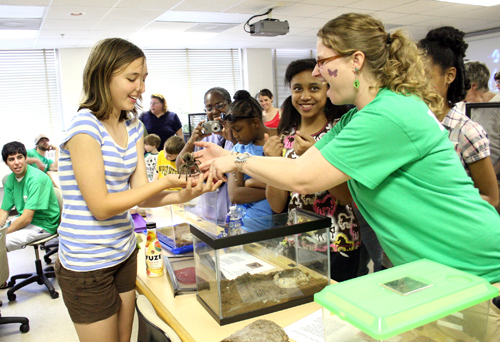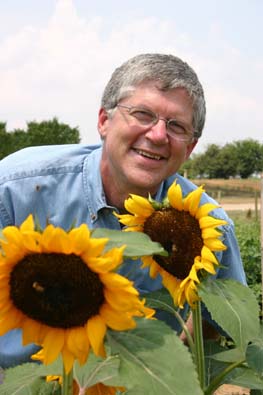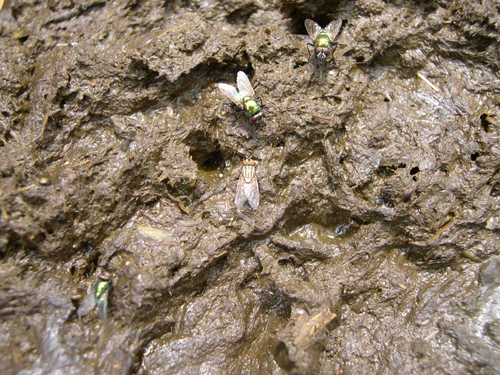Safe foods
A recent report in the journal Pediatrics suggests a possible link between organophosphate pesticides and increased risk of children developing attention deficit/hyperactivity disorder. The report has some parents wondering if they should stay away from the produce aisle in the grocery store. University of Georgia experts say to learn the facts, thoroughly clean all produce and feed healthful fruits and vegetables to children.

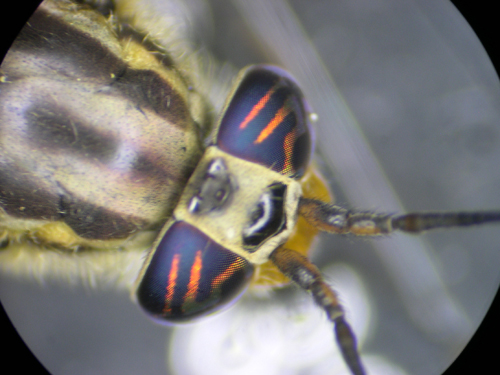
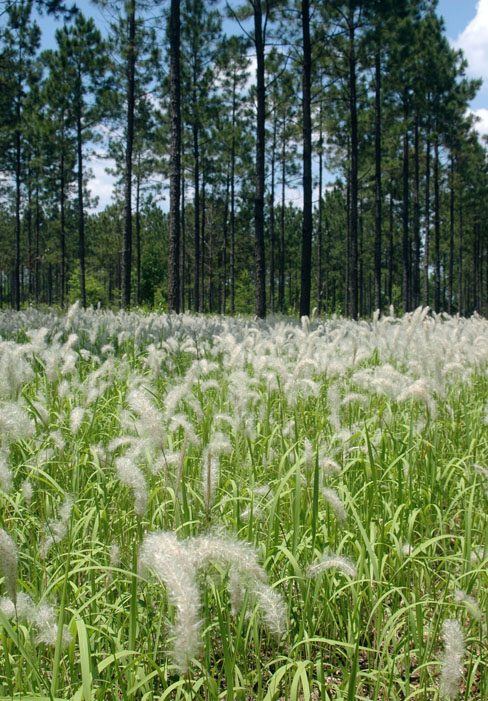
Small.jpg)
